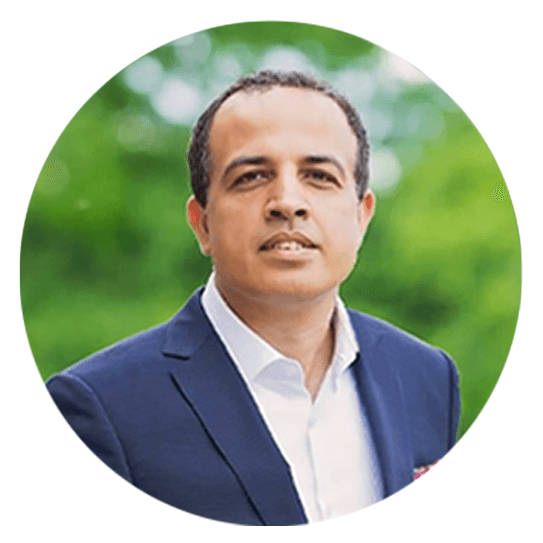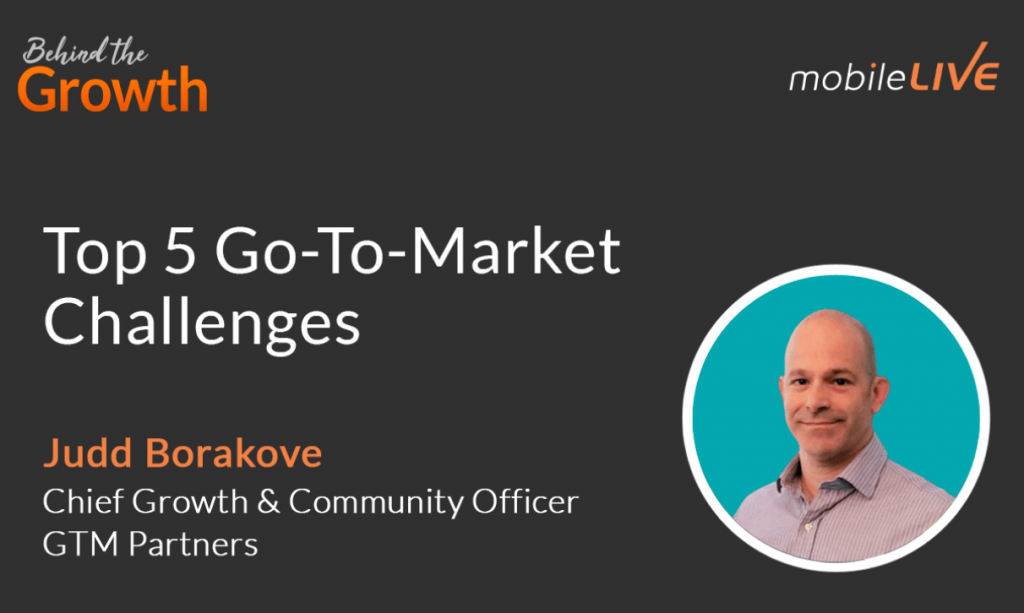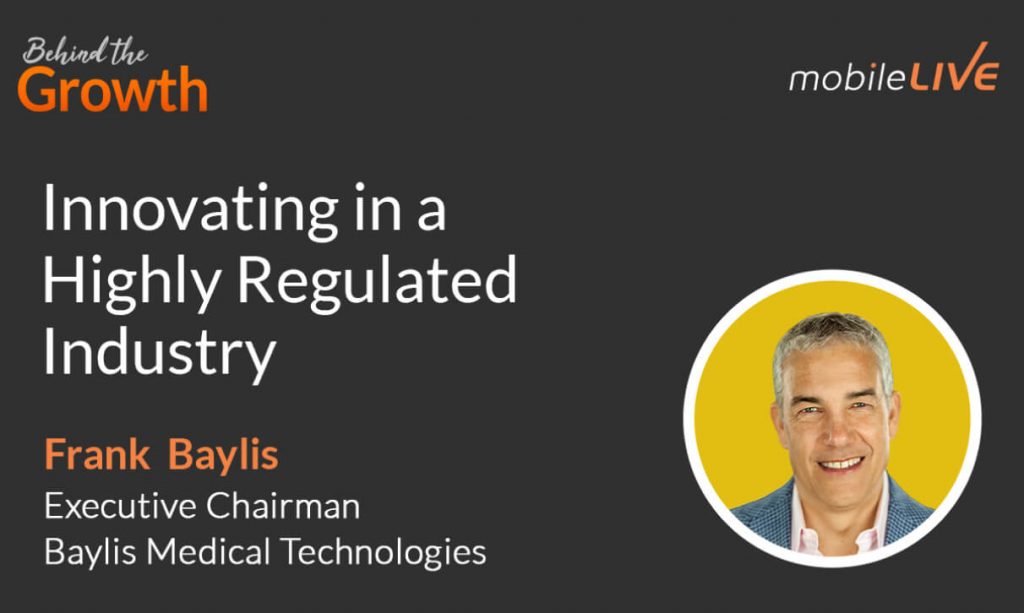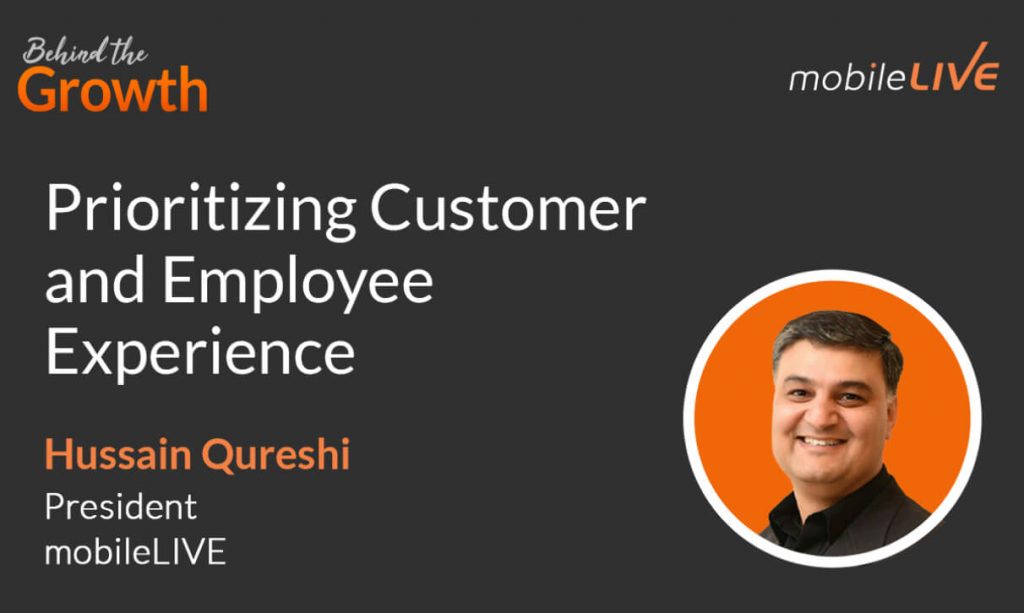Key Insights
Hard work pays off. Although it sounds like another affirmation from the internet, we have a real-life example of this statement — the founder and CEO of mobileLIVE, Jahan Ali. Alongside his wife, Jahan came to Canada as an international student. In the beginning, they lived on a budget, rented a basement, and finished school. It was challenging, but one thing kept them motivated to continue moving forward. “It was the desire to succeed and the support of my wife and my support for her. It’s just ambition; it’s just persistence. We had burned all our bridges. It was a new life. Canada was our new home, and we had to make it work. We were starting a new chapter of our lives and wanted to make it the best for us. And we did not know where it would lead us. But all we knew was that we would stay focused. And hopefully, things will get aligned as time passes.”
If you are persistent, opportunities will come. But that’s not enough. You must be determined to spot them and make the best of them. Jahan owns three successful businesses, and while many could say he was fortunate, it’s not fortune that brought him to where he is; it is persistence. “People say that it is lots of luck. I was lucky in many cases, but in my opinion, luck is only that if you are persistently doing something, opportunities come, you grab them, and later on, you say it was because of luck. So you have to make hard work your best friend, and be positive.”
As a leader, you must hire people smarter than you. Otherwise, you expose your company not only to stagnation but also failure. Therefore, looking at Jahan’s professional and entrepreneurial journey, a successful business owner is self-aware and knows that only by hiring excellent individuals will they be setting their business up for success. “As a CEO or entrepreneur, your job is to make all those smart people with diverse points of view work together. And you cannot do it until you listen to their point of view. And if you understand their point of view, you will find a mechanism to manage and direct them in one positive direction.”
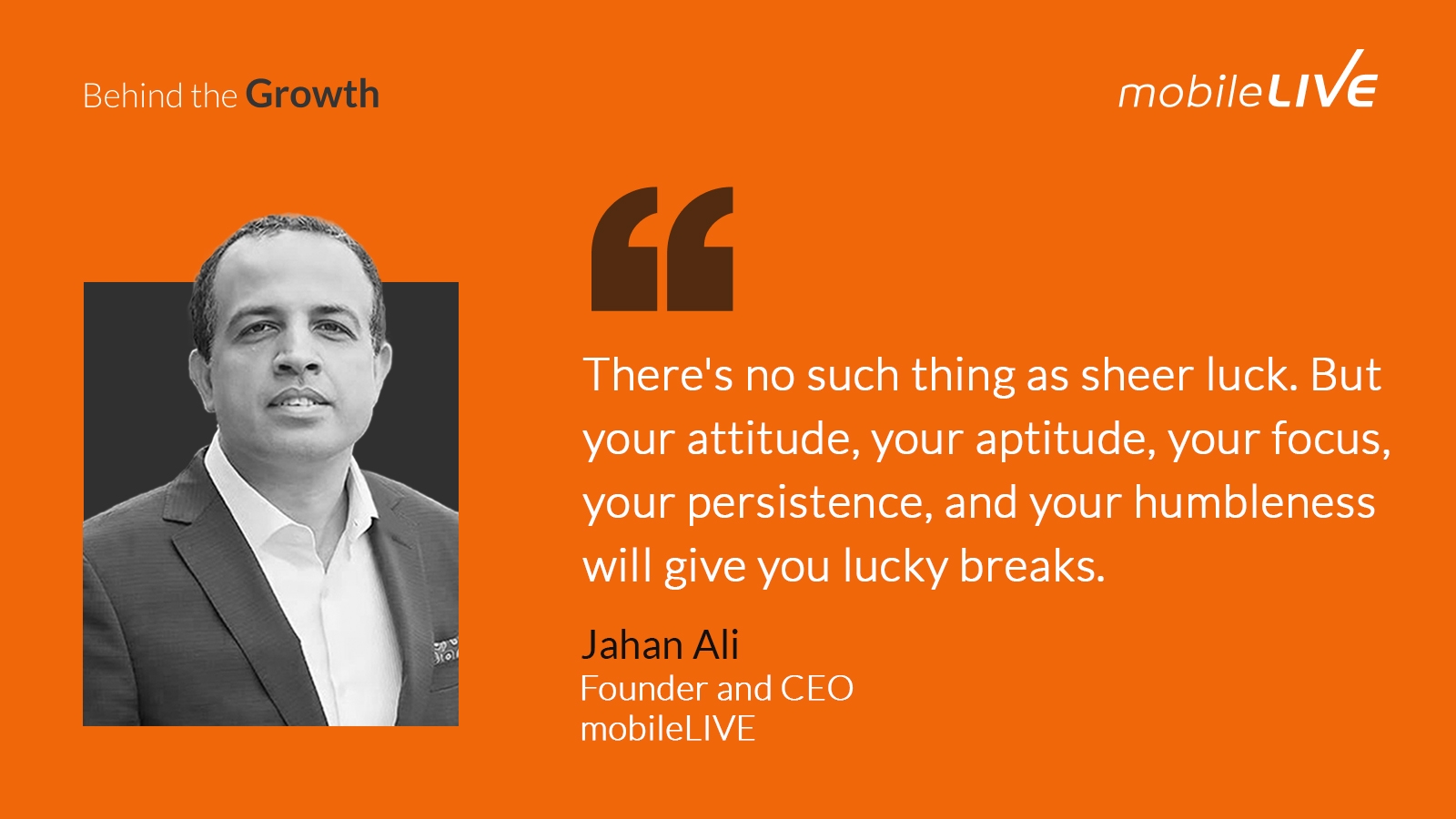
Episode Highlights
No One Should Be Afraid of Starting From the Bottom
“I came to Canada in 1998, and that was our first international trip. We came as international students, my wife and me. She was expecting our son at that time — six months expecting.
We both are electrical and computer engineers; we were class fellows at UET, Lahore. […] When we arrived, we both started at the University of Toronto, doing our masters in electrical and computer engineering. And then, the next thing in our mind was, ‘Okay, how do we survive here?’
Luckily I was able to secure a teaching assistantship, which was paying me, at that time, $700. We rented a basement, did our budgeting exercise, and figured out, ‘Okay, we can spend $250 on our monthly expenses.’ My wife Anila started working with Yellow Pages because she wanted to help, and she was also studying.
So those were the most difficult days. We were studying and didn’t have many funds. I still remember we would go to McDonald’s and buy a Happy Meal, and then we would share that Happy Meal because we didn’t have enough money to buy two meals.
So anyways, fast forward, we finished our masters. And I got a job at Motorola, Canada. Motorola was my dream company […], and things started to get better.”
The Art of Recognizing and Making the Most of Given Opportunities
“I worked for Motorola for about nine years. I started there as a junior to an intermediate software developer, and then I grew into two different management roles. I became an account manager for some operators in Canada, and Motorola trained me well.
In the meantime, around 2009, there was a major push to move work offshore, and Motorola started offshoring a lot of work. […]
I figured out that there is room for a maybe more cost-competitive onshore where we focus more on white glove treatment, and then we offset all those advantages in a different way. […] I decided to resign from Motorola and started mobileLIVE. I went to my first client and asked them if they could give me a pilot project, and I will do it for free, and then I will show that we can do some testing of devices here in Canada where they don’t have to ship devices offshore.
The time was right. I showed them that our output was good. We were able to uncover a lot of issues that offshore centers did not find. So they started giving me more and more work. And then there was an RFP that came. We bid on that RFP and won it as a second or alternate vendor for device testing.
And we created the first-ever 3G lab in Canada. And that lab is still the only Canadian lab that can test 3G, LTE, and 5G devices. And fast forward, we are 400 people right now. We have won Canada’s best-managed company for the last six years.”
Is There a Formula for Success?
“I don’t believe I am smarter than others. So rather than giving advice, I can share what has worked for me throughout my journey. You can call it secret sauce or luck, but that does not matter. So five or six things have worked for me, and none of them is rocket science.
The first thing I learned is that you always have to surround yourself with positive people. The other thing is the drive quotient, DQ. That means having high ambition and being persistent. The third thing is EQ, the emotional quotient. High EQ is more important than IQ because you are dealing with humans.
The fourth thing I want to touch upon is the adaptability quotient or AQ. And that means that you should be able to unlearn and relearn fast. The next is to build trust. People buy from people, and you are only selling trust.
Be humble, and this humility ties in with all the other things I have mentioned. The moment you become arrogant, your adaptability quotient goes down because you think you know everything. So you stop unlearning and relearning. The moment you become arrogant, your EQ goes down because you’re not listening to other people. You think you are always right. Your decline starts, so that is why humbleness ties everything together.
One last thing is to always be a giver as an employee. So not everybody’s an entrepreneur. So the message for employees or those working for other organizations is that if you are giving back positively to the company, even though you feel that you are not getting that gain, your efforts will be recognized.
When a company takes a new initiative, who are they going to pick? You. Because they have seen no matter what, you are giving to the company.”



